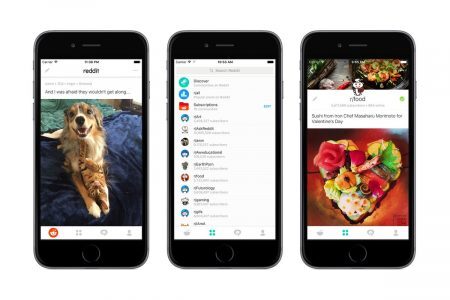This is normally how a ransom attack goes: Services go down, cyberattackers request a large sum of money, the company…
Browsing: security
In case 2020 wasn’t dystopian enough, hackers on July 15 hijacked the Twitter accounts of former President Barack Obama, presidential hopeful Joe…
After a preliminary investigation, Twitter said it believed the incident was “a coordinated social engineering attack by people who successfully targeted some of our employees with access to internal systems and tools”.
Bitcoin. Say that word and those friends who’ve come into contact with your one acquaintance who doesn’t shut up about…
It seems that a few months cannot pass without some company or another reporting that login data has been stolen…
Listen, no-one wants to keep around an app that’s going to harvest all your personal data. That’s just not cool,…
The stunning successes of artificial intelligence would not have happened without the availability of massive amounts of data, whether its…
A Reddit user and software engineer went ahead and reverse-engineered TikTok to see what makes it tick (heh). And what he found is very worrying, and somewhat expected, knowing what information apps and social platforms know about their users. But still worrying.
Honestly, we don’t know what the world would have done if we didn’t have the internet during this pandemic. Virtual…
Hackers are everywhere! From a faceless internet thug nestled comfortably behind the greasy, thumb-printed screen they should have thrown out…










